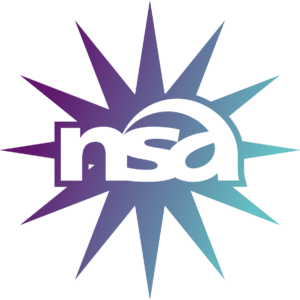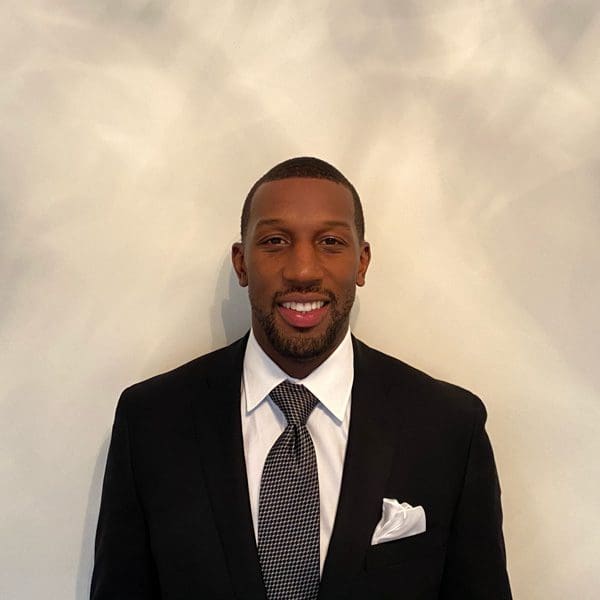Briefly describe your daily job duties.
I’m a systems analyst at The MITRE Corporation which is a non-profit group of federally funded research and development centers. I work on projects supporting the Federal Aviation Administration modeling the National Airspace System, analyzing future bottlenecks at airports and performing benefits analysis for planned airspace and airports improvements. Our research products are briefings and technical reports. I have worked at MITRE for 21 years.
As a person who stutters, share the most challenging part of your job.
As a person who stutters, I have always been extra anxious when delivering briefings. Giving briefings is an important part of my job where I communicate our work to an internal audience, federal sponsors, and sometimes at an aviation conference. My stuttering varies from day to day. I always try to take my time and say all that I want to say but it is challenging when there is a large audience. Over the years I have learned to be more open and accepting of my stuttering.
Did you self-disclose your stuttering during the job hiring process? If so, how did you do it and how do you currently disclose your stuttering to unsuspecting co-workers?
I did not self-disclose my stuttering during the job hiring process. Part of me now being more open about my stuttering is I’ve talked with my managers about it and they have been very supportive. My managers tell me I’m an effective communicator and that feels good. I sometimes “advertise” – disclose that I am a person who stutters – as I start to give a presentation. I often try to insert humor into my disclosure which relaxes me and seems to help the audience become more engaged.
Describe how stuttering makes you a better, more valued contributor at work.
I feel stuttering has helped me become a very good listener and that helps me be a good team member on projects because my listening skills translate into having an eye for detail. Also, I take extra pride in my briefings and spend more time preparing my slides and formulating a clear explanation of our projects.
What is your proudest moment at your current company? (Does not have to be related to stuttering.)
I joined Toastmasters to help me become more comfortable with my stuttering during presentations. I once entered a humorous speech contest in our Toastmasters club and won 3 rounds of competitions. The final round was in a large auditorium in front of 200 people. I didn’t place in the top 3 in that final round, but I was very proud to have gone through that experience. Throughout the contest rounds I found myself being more driven to win, rather than worry about my stuttering. That feeling was new to me and was only possible due to my avoidance reduction speech therapy.
What are your long-term career aspirations?
I am in the twilight of my professional career and thinking about retirement so my long-term aspirations are post-retirement. I have always loved spending time with children and hope to find a volunteer opportunity with them. Now that I am more open with my stuttering, I would also like to help children who stutter in some way. I have always enjoyed comedy and really enjoy working on my humorous speeches for Toastmasters so maybe I can continue that.
What’s your best advice for people who stutter just entering the workplace and for those in a career striving to achieve greater success?
I advise people to be as open as they can with their stuttering. I have found that my management has been very supportive when I have talked about my stuttering challenges and hopefully that would be true in most workplaces. Being open with your stuttering allows you to put more concentration on the content of the work and less on stuttering. I used to, and sometimes still do, attempt to speak while at the same time doing mental gymnastics trying to hide my stuttering. It can be exhausting! So, if you have an opportunity to disclose your stuttering from the beginning please do it. You can be an effective communicator and stutter at the same time.



